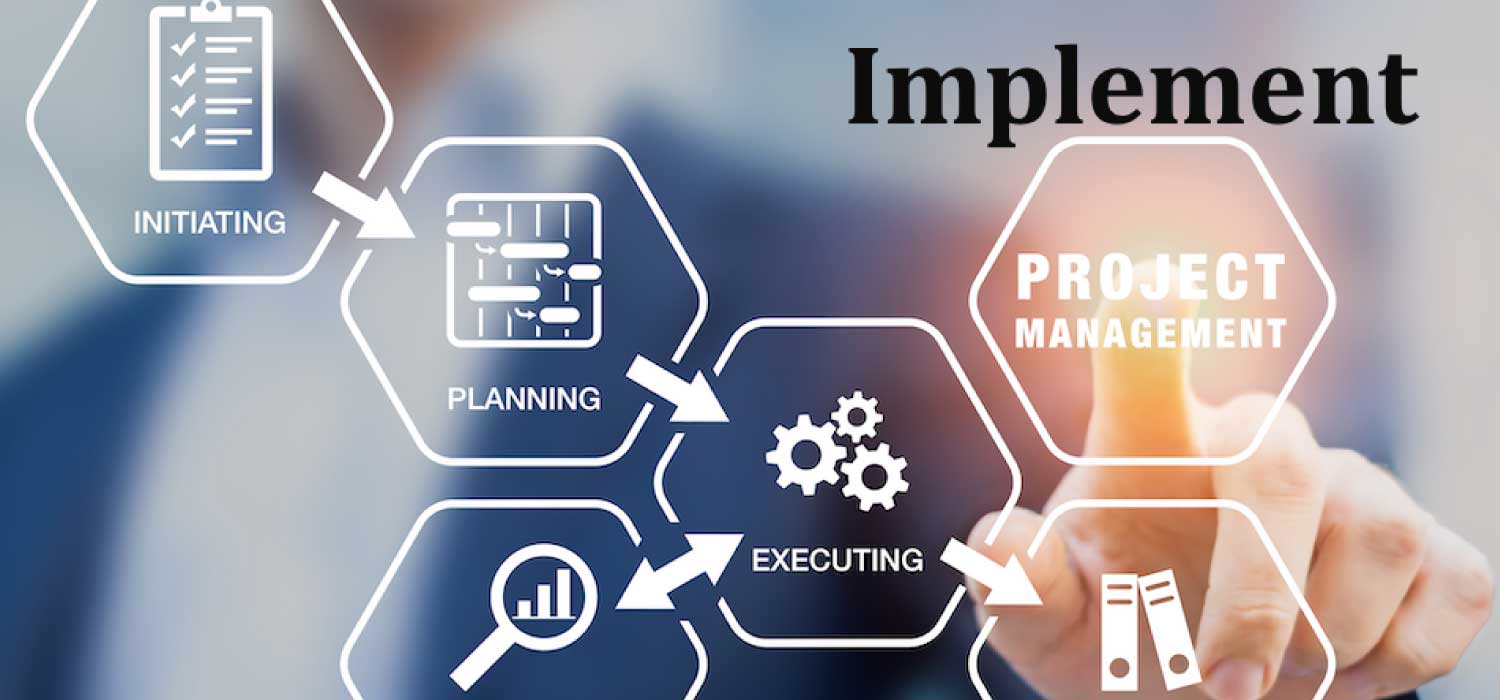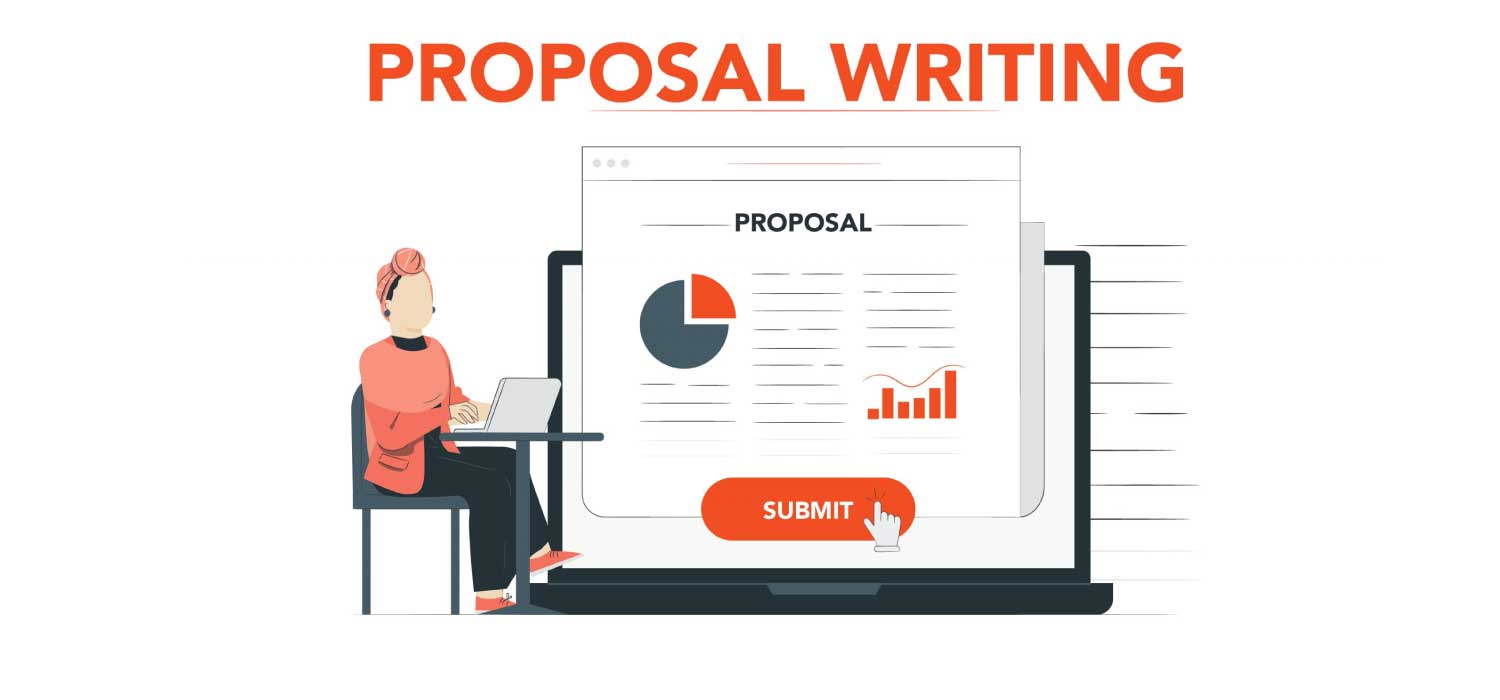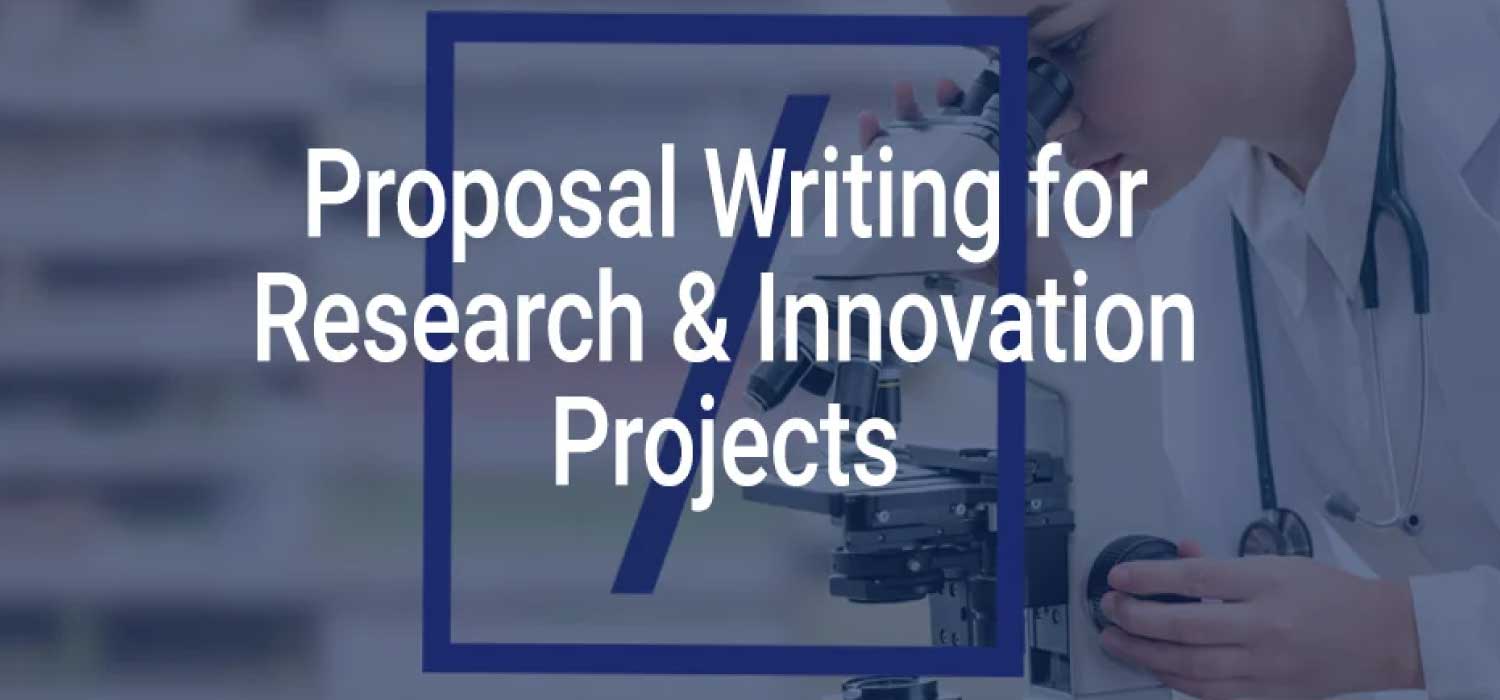Project Implementation Proposals
Project implementation proposals are essential documents that outline detailed plans and strategies for executing a project.
These proposals provide a roadmap for achieving project objectives, defining the scope of work, allocating resources and establishing timelines and milestones.
Some of the key elements that a project implementation proposal should have;
Project overview, scope, timeline, resource allocation, risk management, stakeholder engagement, evaluation and monitoring, budget and financials, sustainability and impact, implementation plan and appendices.
Importance of project implementation proposals
- Project implementation proposals outline the objectives and goals of the project, ensuring clarity and focus.
- They provide a comprehensive plan for executing the project including timelines, resources and budgets.
- Implementation proposals identify potential risks and challenges, allowing for proactive problem-solving and risk mitigation strategies.
- They serve as a communication tool, conveying the project details and benefits to stakeholders, team members and decision-makers.
- Implementation proposals establish accountability by defining roles and responsibilities for project team members.
- They facilitate effective resource allocation, ensuring that the necessary personnel, materials, and equipment are available when needed.
- Implementation proposals promote transparency and stakeholder involvement, fostering collaboration and support throughout the project lifecycle.
- They provide a basis for evaluating the project’s progress and success, allowing for timely adjustments and improvements.
- Implementation proposals assist in securing funding and support by demonstrating the project’s viability and potential return on investment.
- They serve as a reference document, guiding project managers and team members throughout the implementation phase, ensuring consistency and alignment with the proposed plan.
When developing objectives for your research project or proposal, it’s essential to ensure they are specific, measurable, achievable, relevant and time-bound (SMART).
Here are some steps to guide you
Identify the research problem
Clearly define the research problem or question that your project aims to address. Consider the gaps in existing knowledge or the practical issues you want to explore.
Conduct background research
Review relevant literature, studies, and existing research to understand the current state of knowledge and identify areas that need further investigation.
Define the purpose
Determine the overall purpose of your research project. Is it to explore a phenomenon, test a hypothesis, evaluate an intervention or develop a new theory? This purpose will guide the formulation of your objectives.
Brainstorm objectives
Based on the research problem and purpose, brainstorm a list of potential objectives. These should be specific statements that indicate what you intend to achieve through your research.
Make them specific
Refine your objectives to be specific and focused. Each objective should address a particular aspect of the research problem or contribute to answering the research question.
Ensure measurability
Your objectives should be measurable, allowing you to assess whether you have achieved them. Consider using quantitative or qualitative indicators to evaluate the outcomes.
Check for achievability
Assess the feasibility of your objectives in terms of financial resources, time, expertise, technology, market conditions and potential risks or challenges. Ensure that they can be realistically accomplished within the scope of your project.
Alignment with relevance
Ensure that your objectives align with your research project’s overall significance and relevance. Consider the potential impact and practical implications of achieving each objective.
Time-bound
Assign a timeline or timeframe for each objective. This helps create a sense of urgency and provides a structure for planning and executing your research project.
Refine and prioritize
Review and refine your objectives, ensuring they are clear, coherent and logically connected. Prioritize them based on their importance and feasibility within the project’s constraints.
Like Our facebook page









